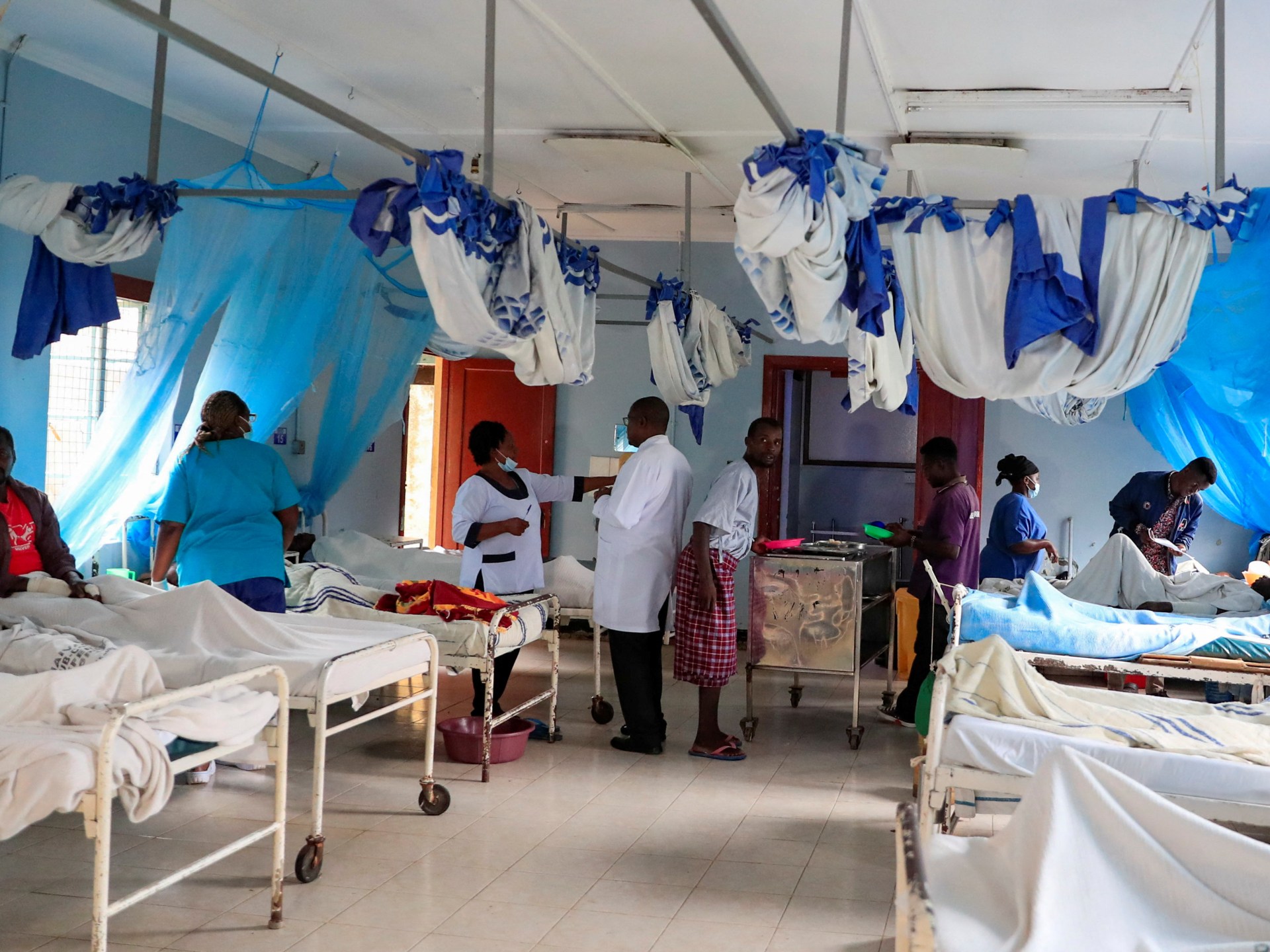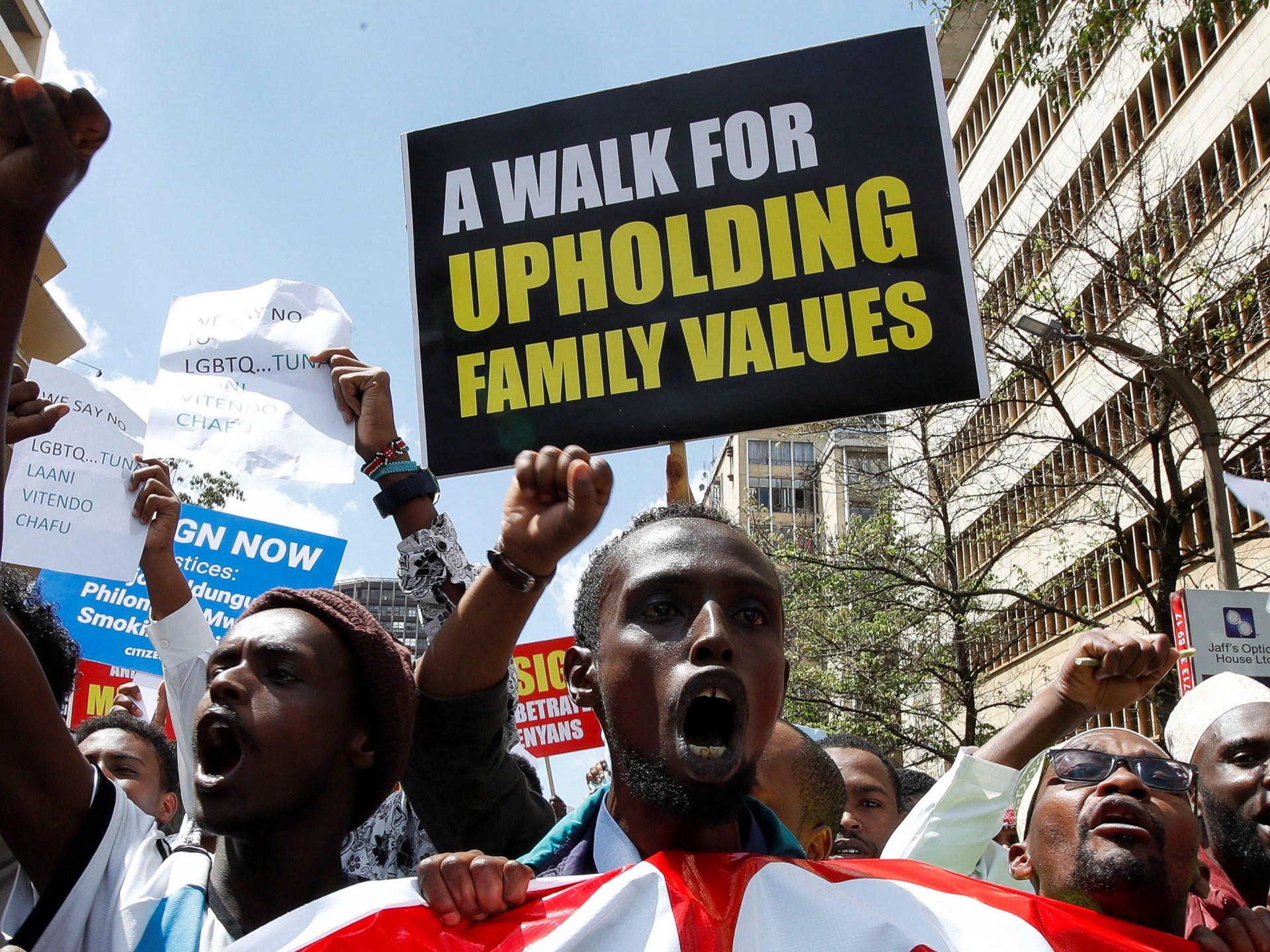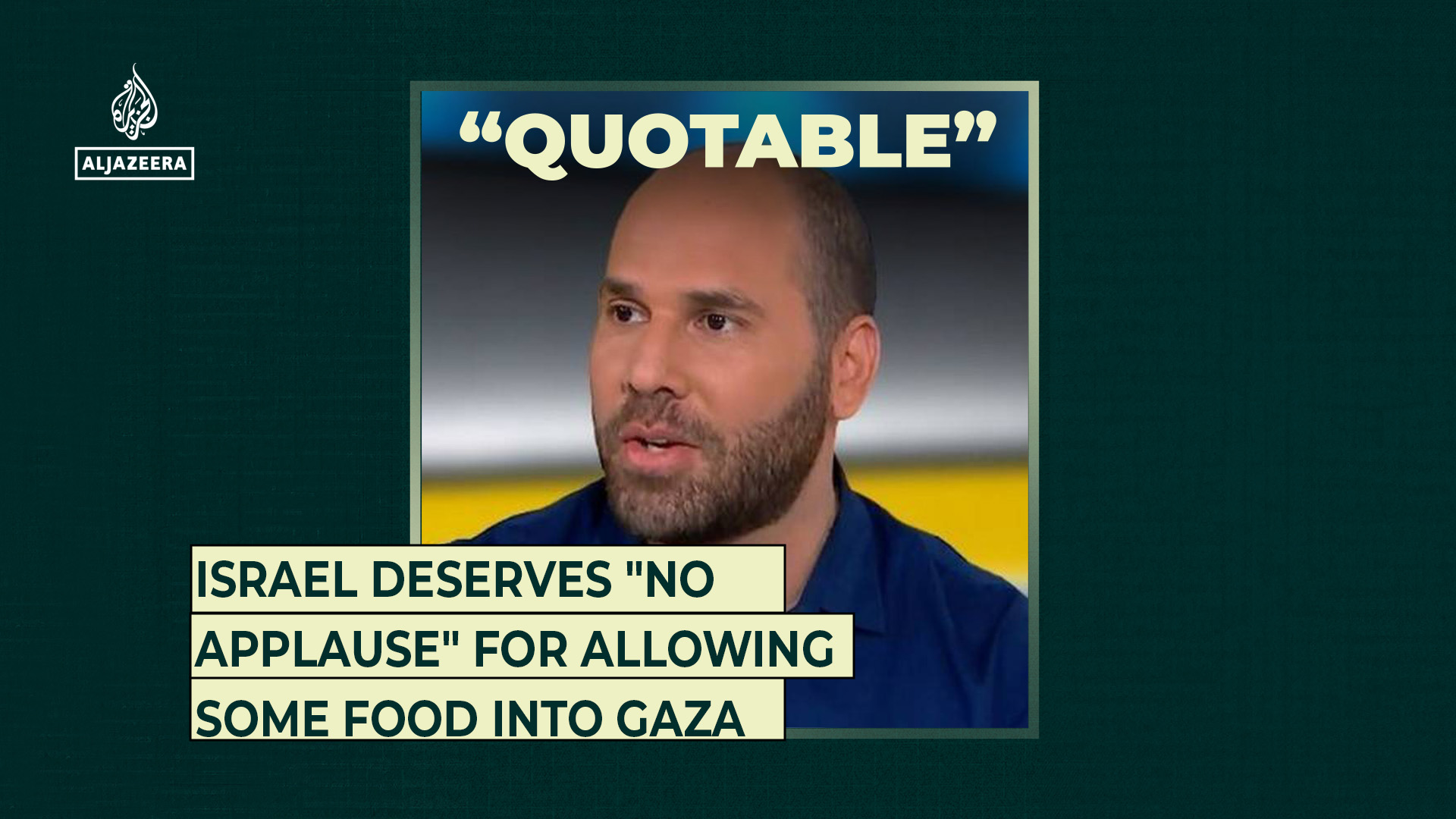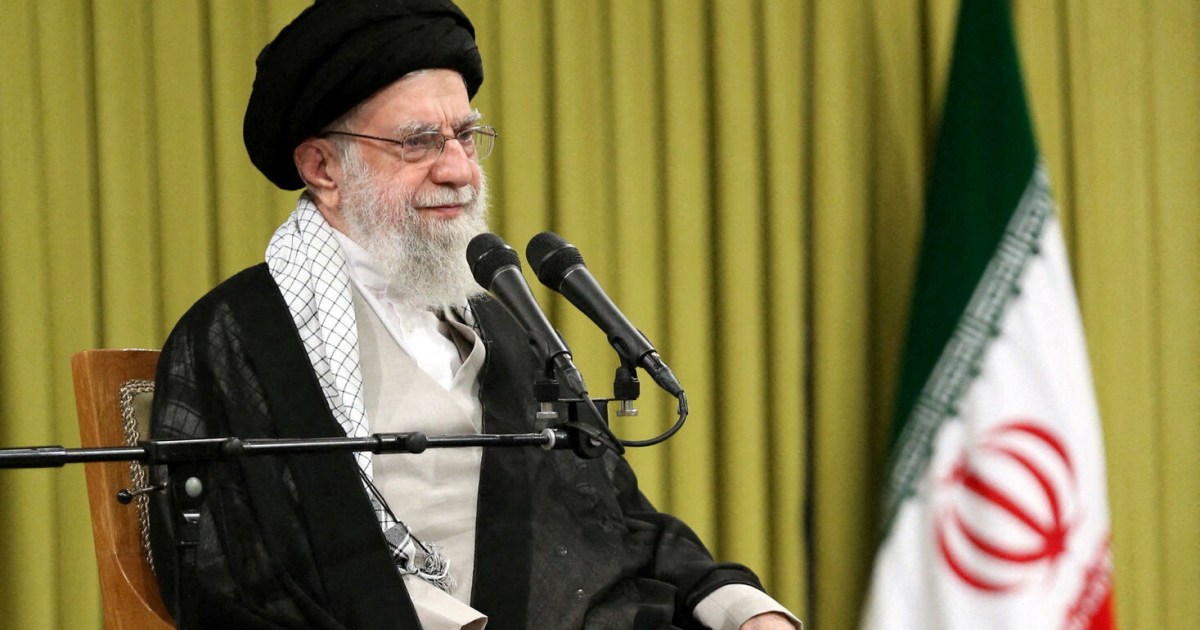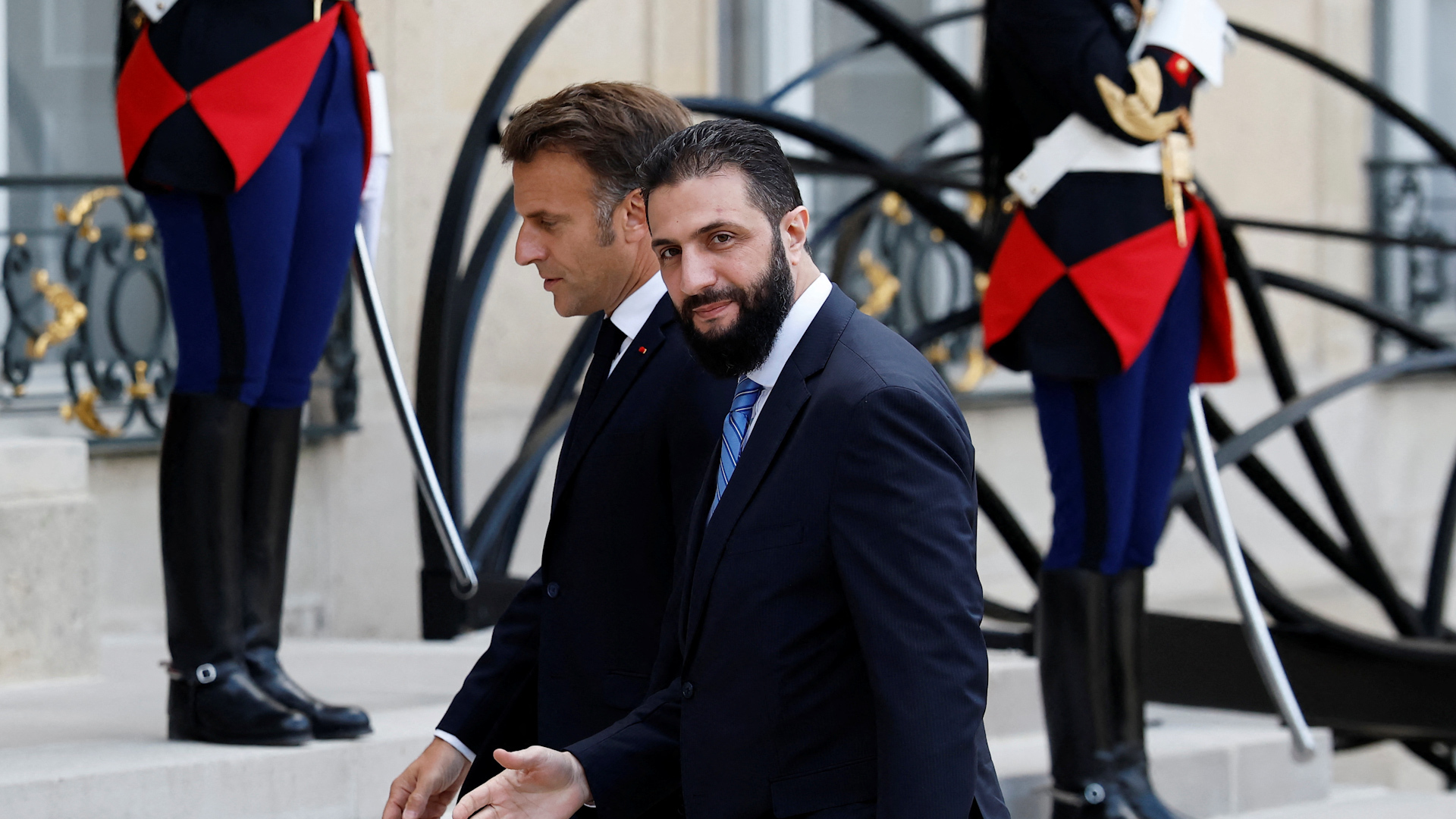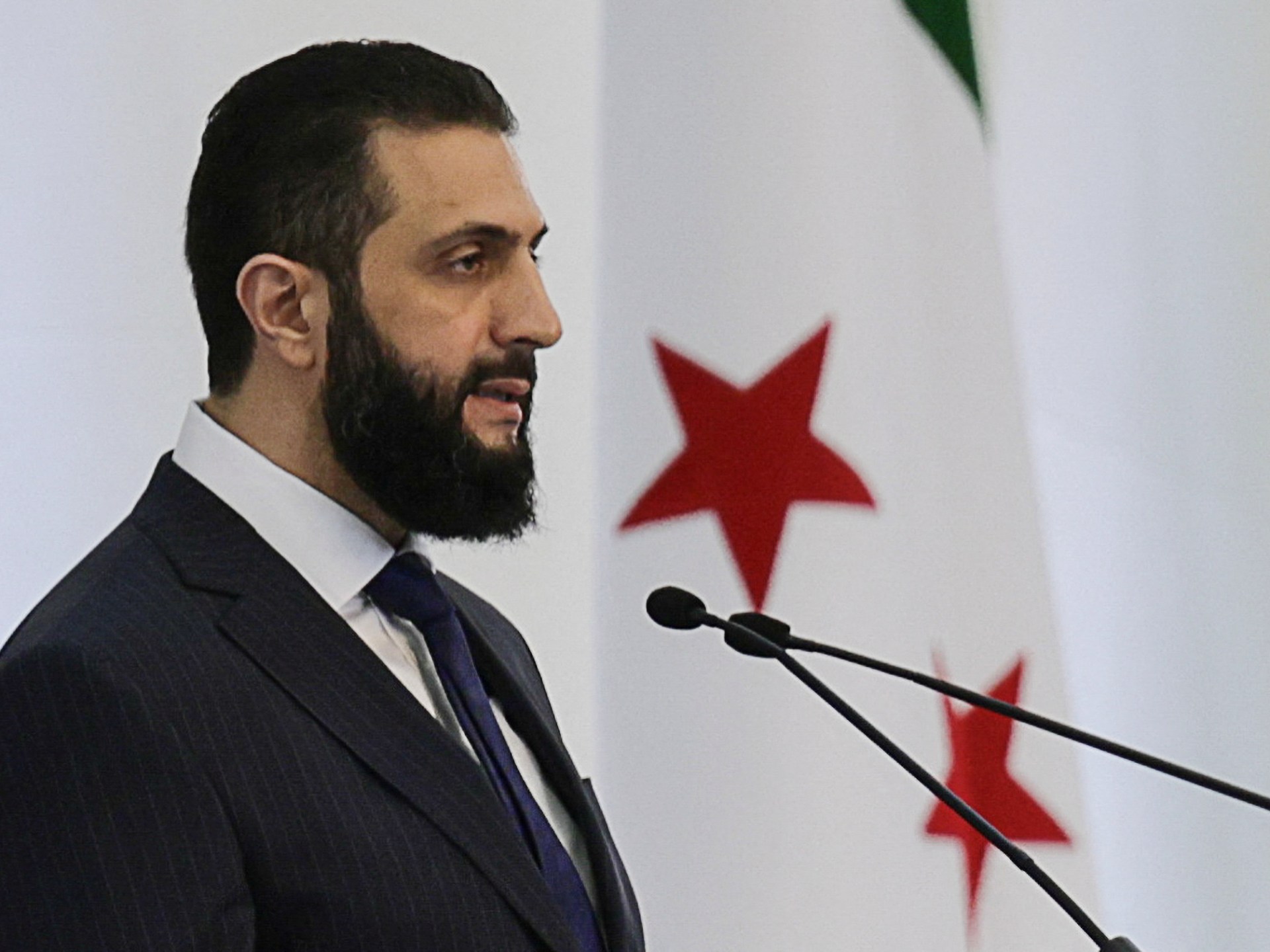According to international NGO ActionAid, public spending cuts in six African nations have caused health and education workers’ salaries to decline by up to 50% in five years, leaving them without the means to make ends meet.
According to the report Human Cost of Public Sector Cuts in Africa, 97% of the healthcare workers in Ethiopia, Ghana, Kenya, Liberia, Malawi, and Nigeria were unable to pay their basic needs like food and rent on their wages, according to the report released on Tuesday.
According to the report, the International Monetary Fund (IMF) recommends drastic cuts in public spending to pay back foreign debt in these nations. More than three-quarters of the world’s low-income nations spend more on debt servicing than healthcare as the debt crisis continues to worsen throughout the Global South.
“Investments in healthcare and education across Africa have been severely hampered by the debt crisis and the IMF’s insistence on cutting public services in favor of foreign debt repayments. For instance, according to ActionAid Nigeria’s Country Director Andrew Mamedu, only 4% of its national revenue went toward improving its health in 2024, compared to a staggering 20.1% of foreign debt.
The report made it clear that chronic shortages and a decline in the quality of care had been the result of the healthcare system’s insufficient budgets.
Additionally, it seems as though women are disproportionately affected.
“I’ve seen four women give birth at home in the past month because of unaffordable hospital costs. Since they are not offered in public hospitals, the community is compelled to seek out vaccines and immunisation in private hospitals. Our [local] health services are only able to accommodate pregnant and lactating women, according to a healthcare worker from Kenya, who was only identified as Maria.
According to the NGO, malaria medications are now ten times more expensive at private facilities, which is still the main cause of death on the African continent, particularly in young children and pregnant women. Due to lengthy travel distances, rising costs, and a shortage of medical professionals, millions of people are unable to access life-saving care.
Because many people are now unable to get medication, malaria is an epidemic in our area. A community member from Muyakela Kebele in Ethiopia, who only gave herself as Marym, told ActionAid that while 50 birrs ($0.4) could be purchased for [antimalarial medication] for 50 birrs ($0.4), it now costs more than 500 birr ($4) in private health centers.
It’s nearly impossible to provide high-quality education.
The state of education is equally dire, with budget cuts causing failing public education systems plagued by rising costs, a shortage of learning materials, and overcrowded classrooms.
Overcrowded classrooms, according to teachers, cause stress for some with more than 200 students. Additionally, 73 percent of teachers claimed to have purchased the materials themselves, while 87 percent claimed to have lacked basic classroom supplies.
Teachers’ wages have been steadily declining, with 84 percent reporting income declines of between 10 and 15% over the past five years.
A Liberian teacher, known as Kasor, said, “I frequently struggle to put enough food on the table.”
According to the UNESCO Institute for Statistics, four of the six nations’ national budgets for education are only authorized to cover one-fifth of their national budgets.
“I now consider teaching to be the least-preferred profession.” Delivering quality education is nearly impossible because of the 200 students in my class and the lack of quality teaching and learning materials, according to a Maluwa primary school teacher in Malawi’s Rumphi District.
According to Action Aid, its report demonstrates how severe the effects of IMF-approved policies are. According to the statement, healthcare workers and educators have a severe cap on the work they can do, which has a direct impact on the level of services they can offer.
Countries in the Global South and low-income countries are especially affected by the unfair global economic system that are perpetuated by outdated institutions like the IMF, according to Roos Saalbrink, the global economic justice lead at ActionAid International. This results in additional burdensome debt for the most underprivileged. There must be a conclusion to this.
